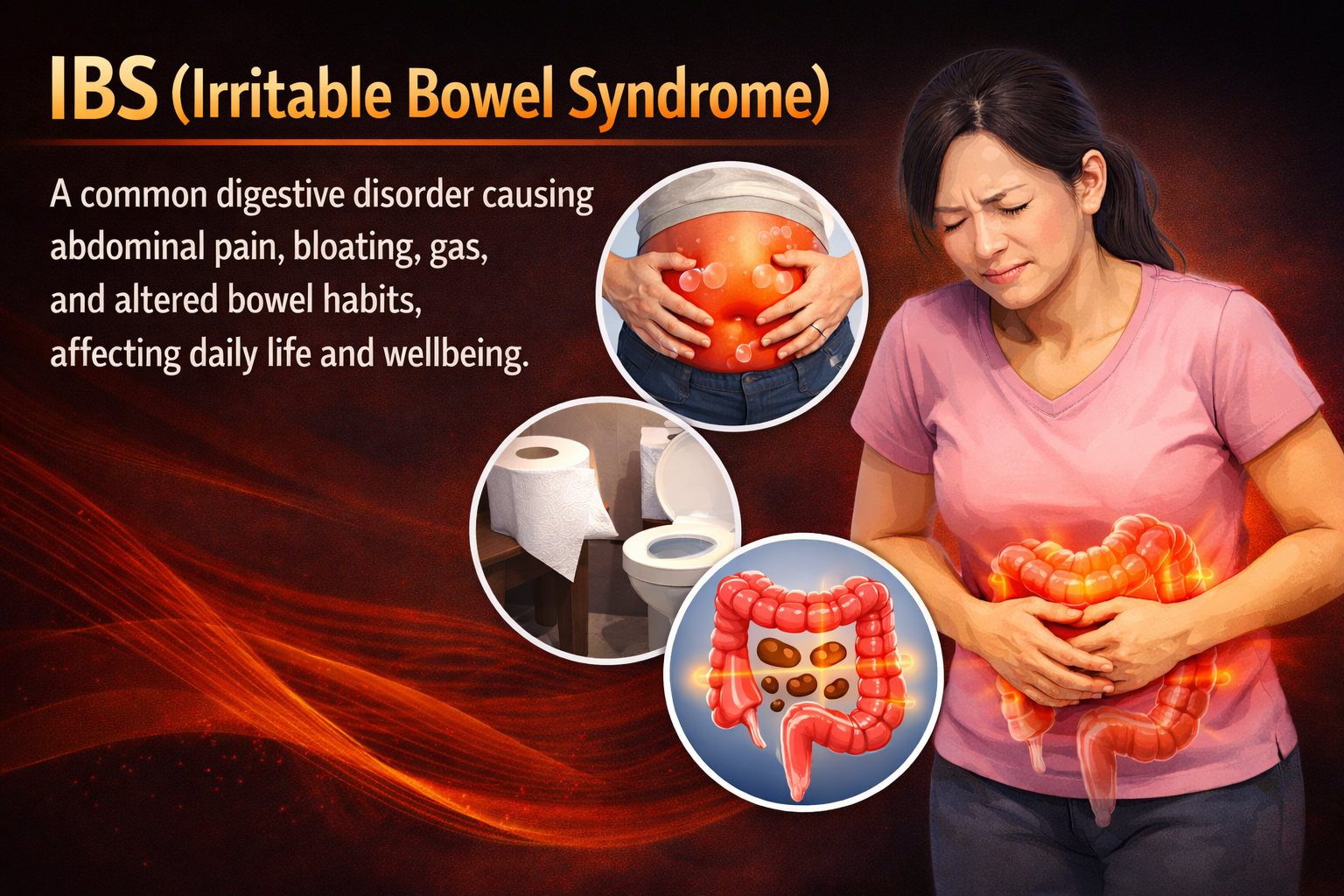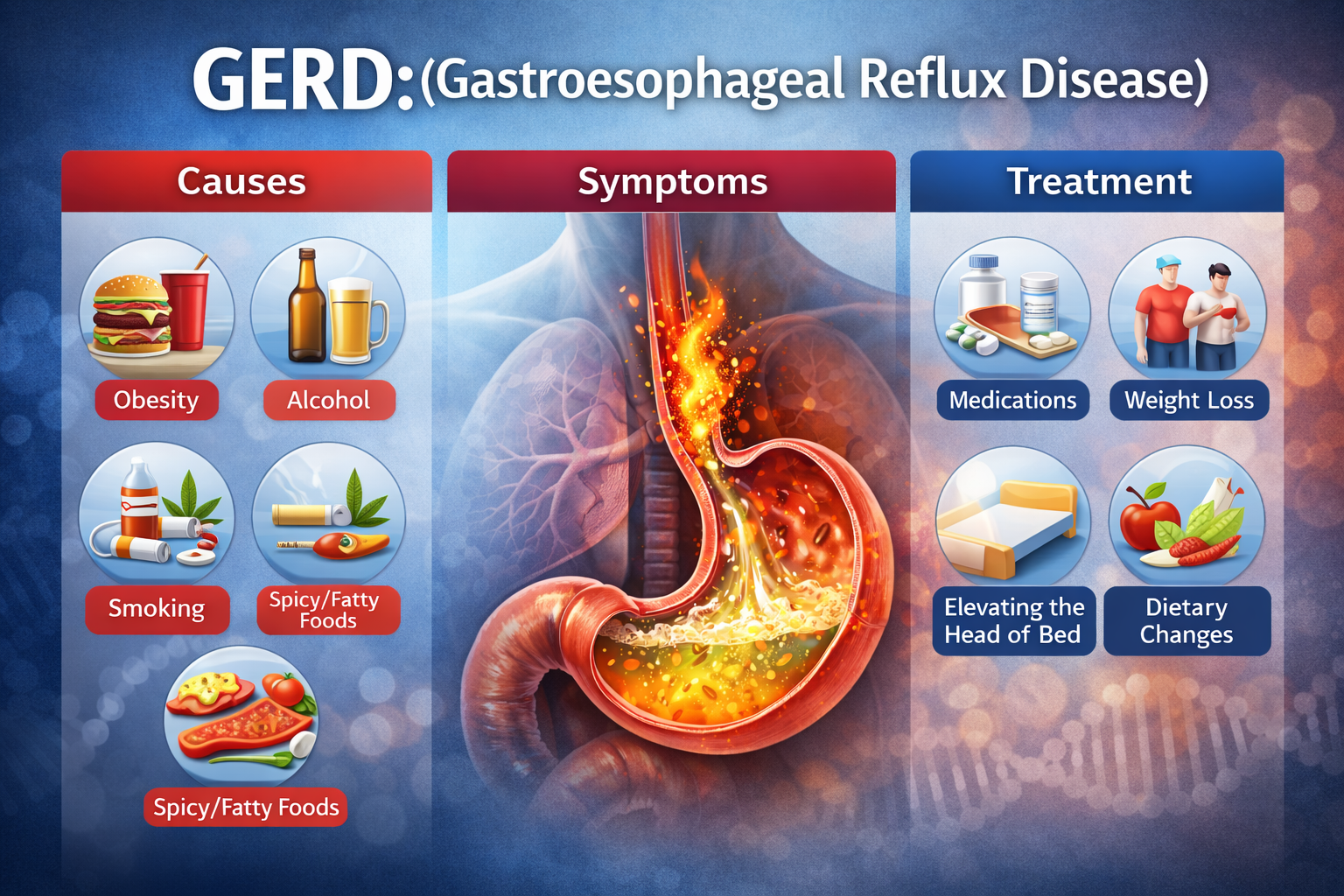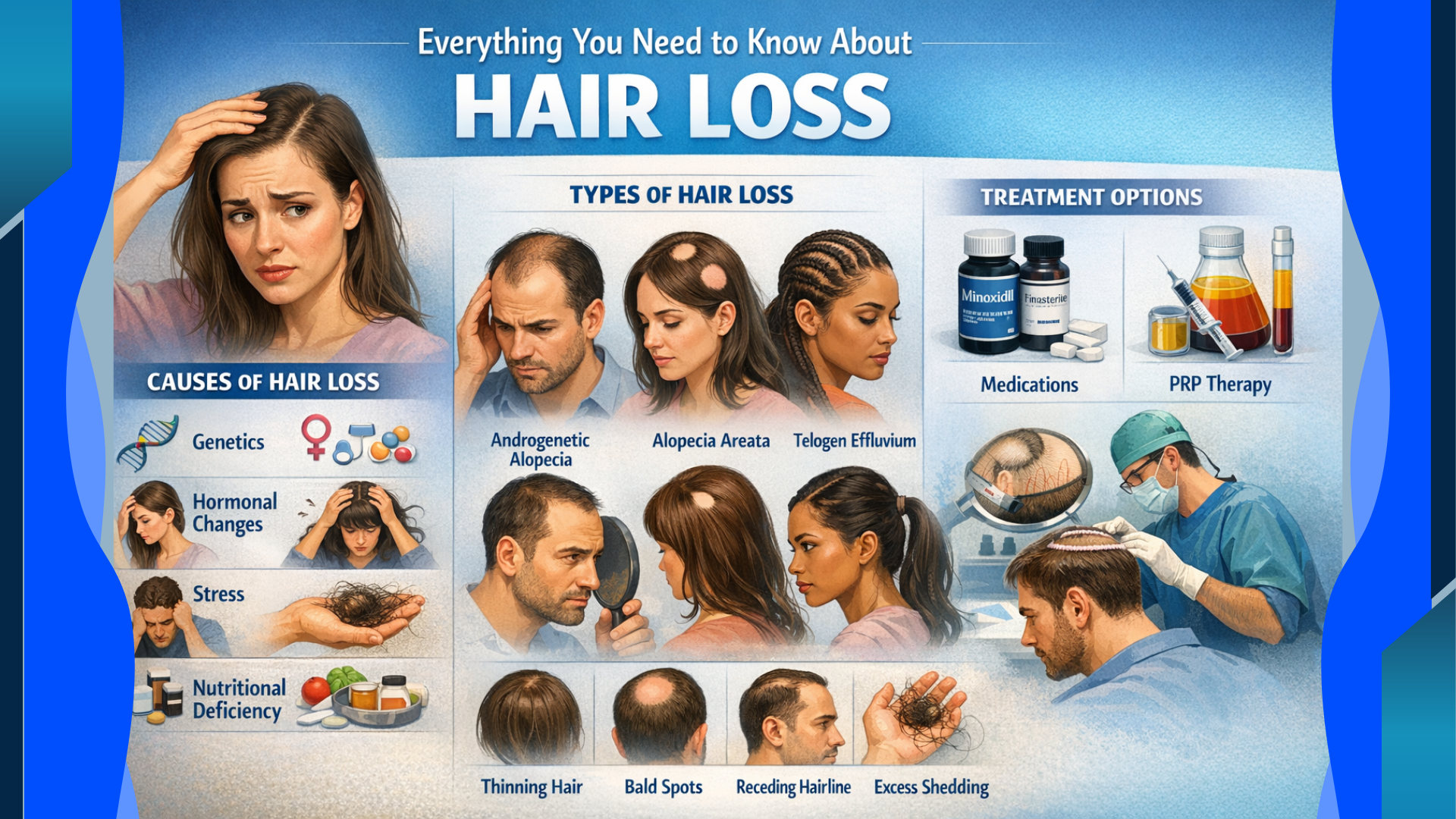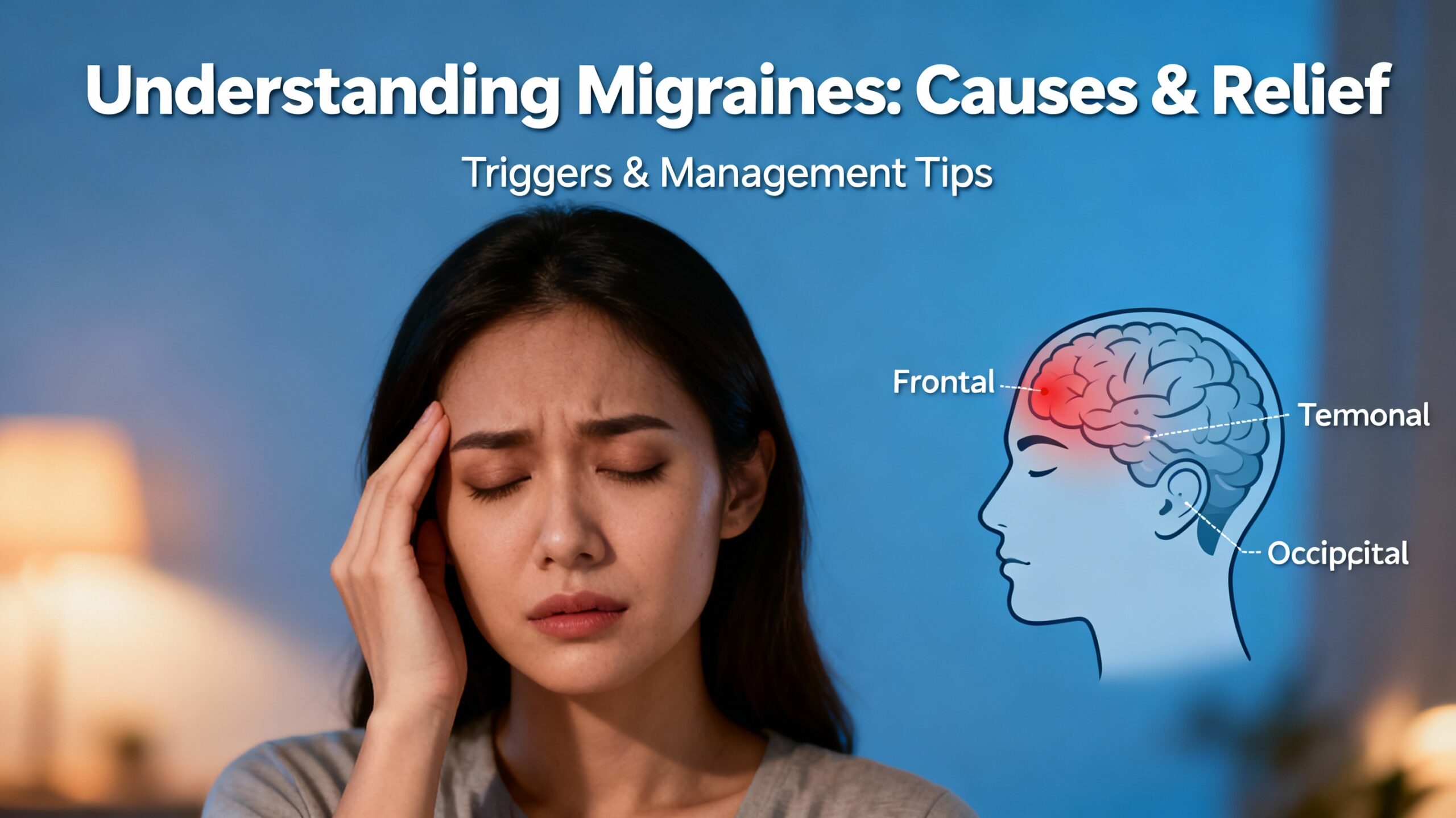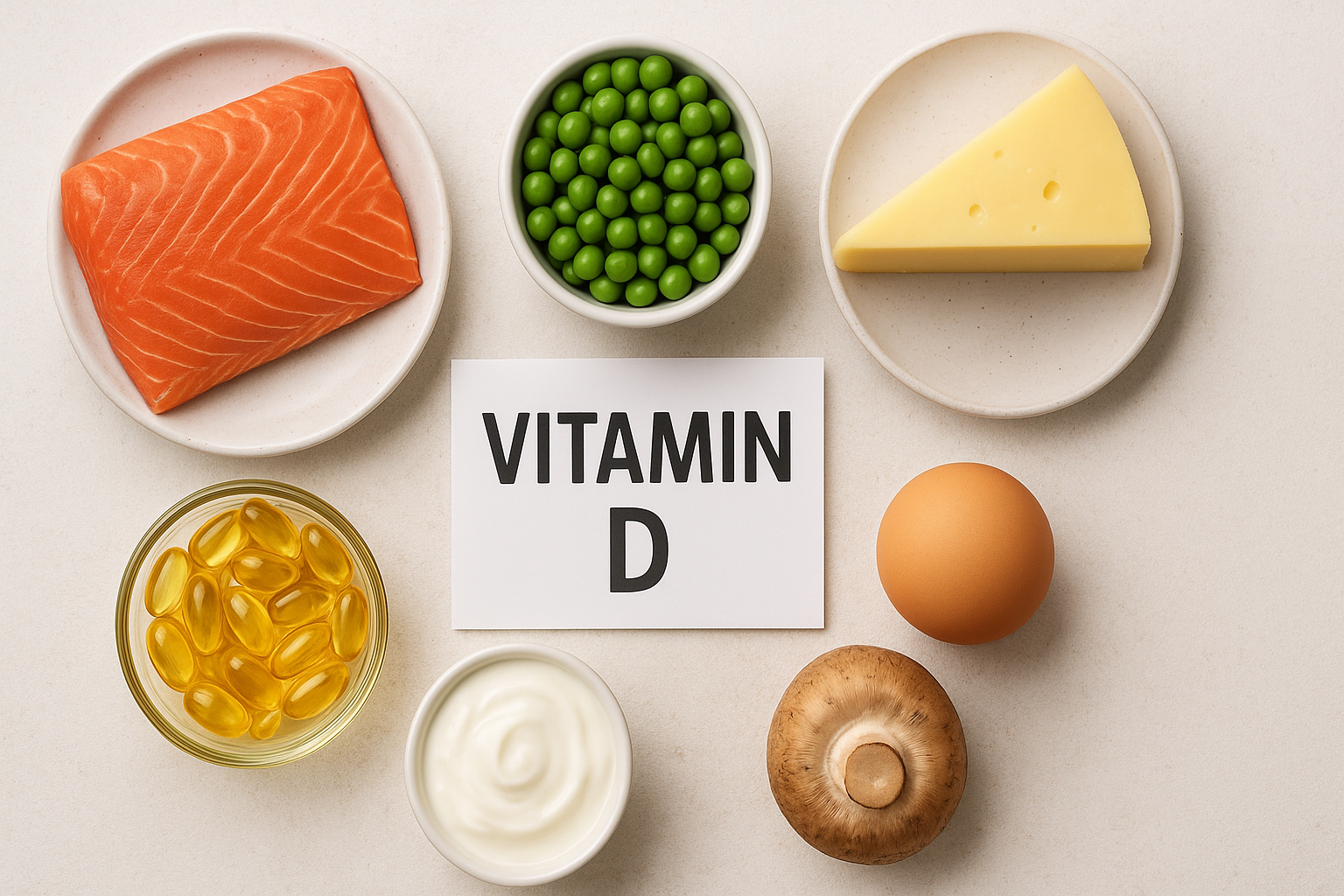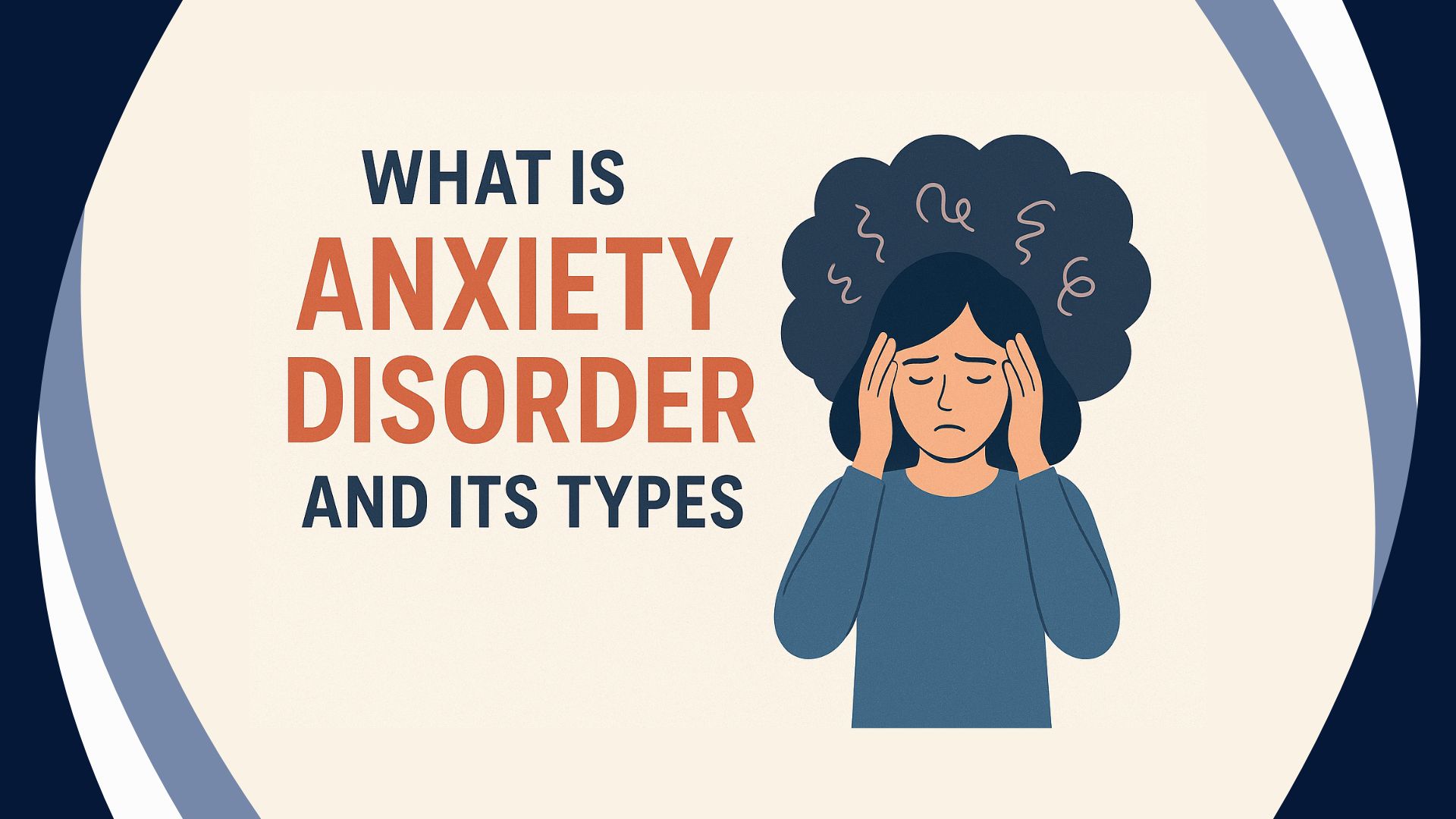How to Manage Anxiety Without Medication?
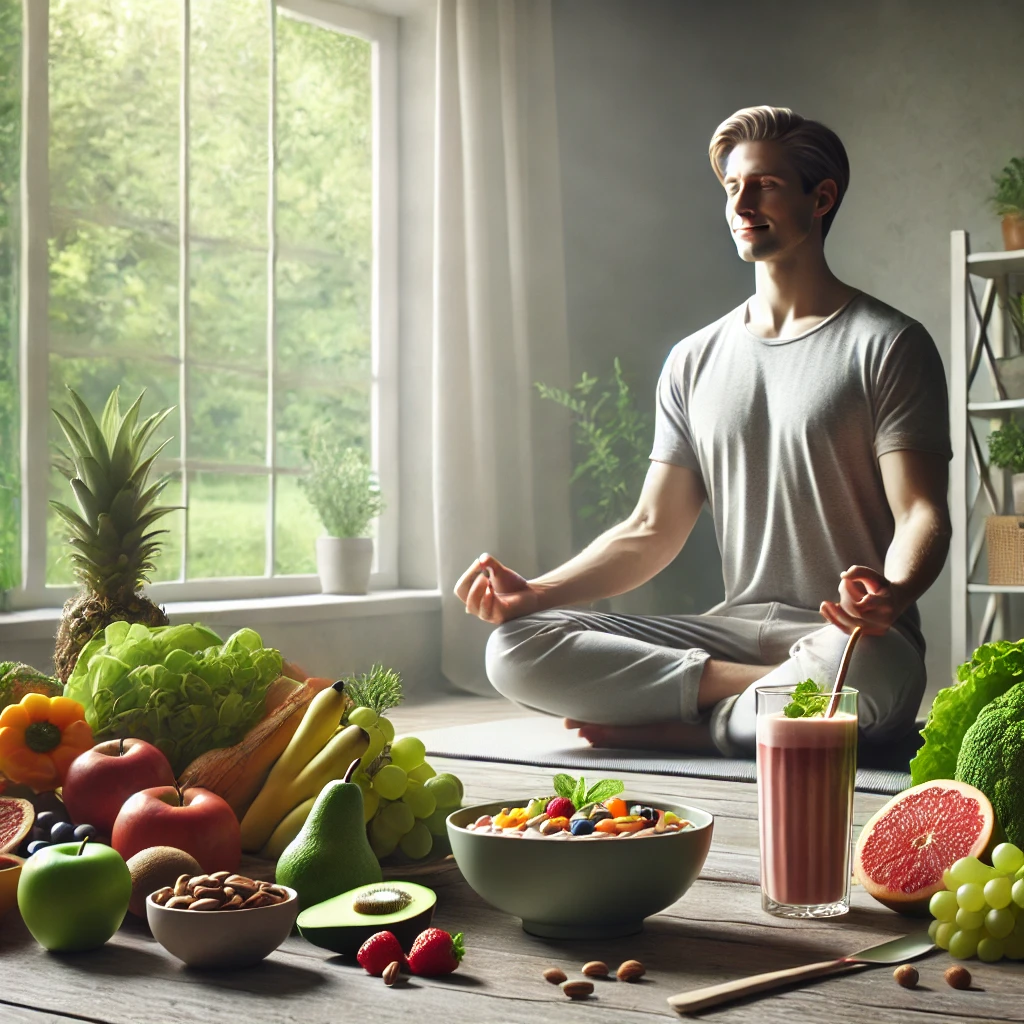
Anxiety is a common mental health problem that affects millions of people worldwide. While medication can be effective for some, many individuals prefer to explore alternative ways to manage their anxiety. This article discusses in-depth various strategies to help you manage anxiety without medication, focusing on lifestyle changes, therapeutic exercises, and holistic approaches.
Understanding Anxiety
Before diving into management techniques, it is important to understand what anxiety is. Anxiety is a natural response to stress, associated with feelings of worry, fear, or apprehension about future events or situations. It can manifest in different forms, including generalized anxiety disorder (GAD), panic disorder, social anxiety disorder, and specific phobias. Each type presents specific challenges and symptoms, but the underlying feelings of discomfort are often the same.
Common Symptoms of Anxiety
- Physical Symptoms: Rapid heartbeat, sweating, trembling, fatigue, headaches.
- Emotional Symptoms: Excessive worry, irritability, restlessness, difficulty concentrating.
- Behavioral Symptoms: Avoidance of certain situations, social withdrawal.
Recognizing these symptoms is the first step in managing anxiety effectively.
Lifestyle Changes for Managing Anxiety
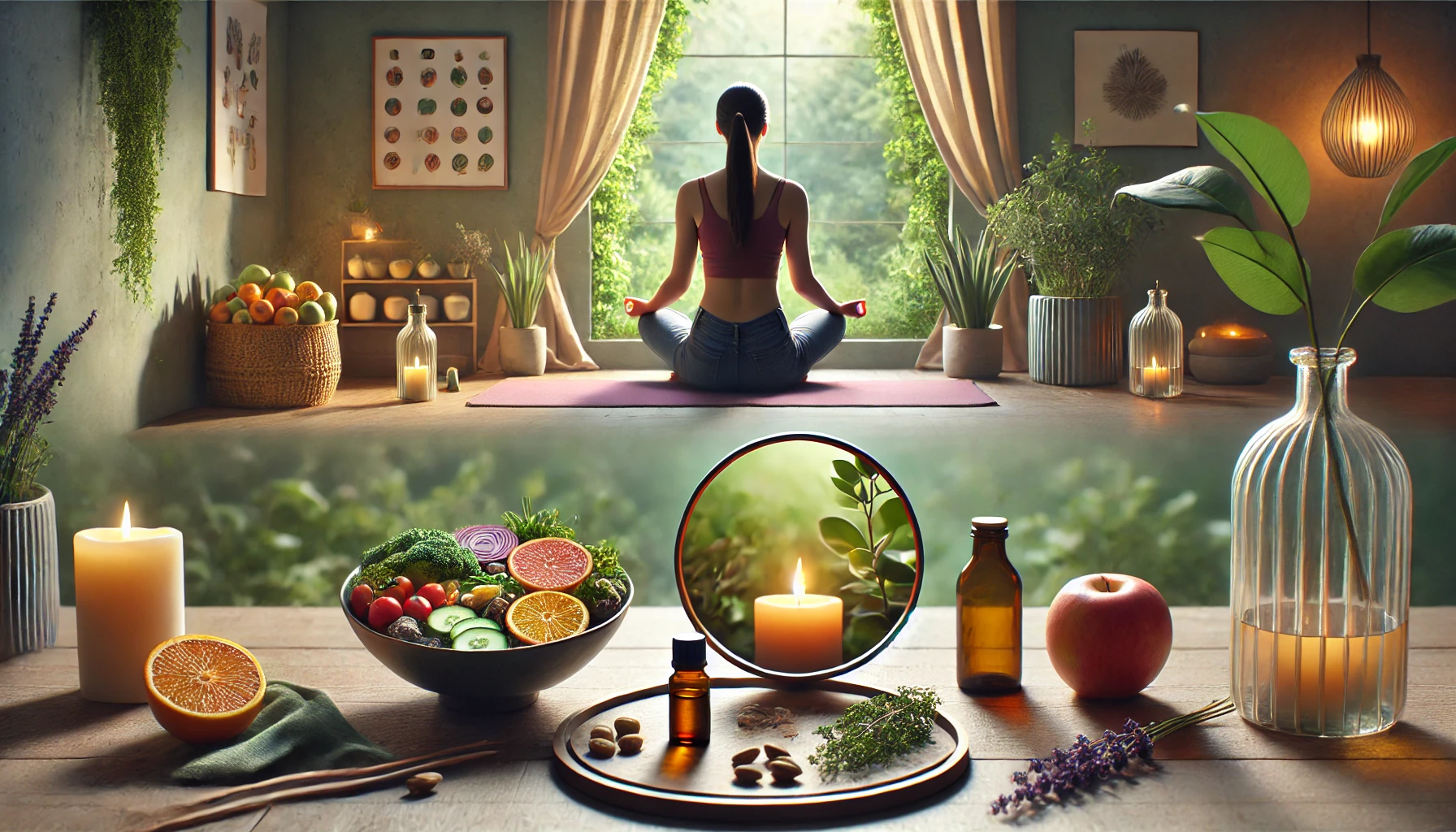
1. Regular Exercise
One of the most effective ways to deal with anxiety is through regular physical activity. Exercise releases endorphins and serotonin—neurotransmitters that promote feelings of happiness and well-being. Engaging in aerobic activities such as running, swimming, or cycling can significantly reduce anxiety levels.
- Recommendation: Aim for at least 30 minutes of moderate exercise three to five times a week. Activities like yoga and tai chi also combine physical movement with mindfulness, further enhancing their anxiety-reducing effects.
2. Healthy Diet
What you eat can have a significant impact on your mood and anxiety levels. A balanced diet rich in whole foods can help stabilize your mood and energy levels.
- Foods to Include:
- Fruits and Vegetables: Rich in vitamins and antioxidants.
- Whole Grains: Help maintain steady blood sugar levels.
- Lean Proteins: Such as fish and poultry that provide essential amino acids for neurotransmitter production.
- Foods to Avoid:
- Caffeine: High intake can increase anxiety symptoms; consider reducing consumption.
- Alcohol: While it may seem soothing initially, it can lead to increased anxiety over time.
3. Sleep Hygiene
Poor sleep quality can worsen anxiety symptoms. Establishing a regular sleep schedule and creating a relaxing environment is fundamental.
- Tips for Better Sleep:
- Stick to a consistent sleep schedule.
- Create a relaxing bedtime routine (e.g., reading or meditating).
- Limit screen time before bed.
4. Mindfulness and Meditation
Mindfulness involves being present in the moment without judgment. Practicing mindfulness can help you manage anxious thoughts more effectively.
- Meditation Techniques:
- Breathing Exercises: Focus on your breath; inhale deeply through your nose and exhale slowly through your mouth.
- Guided Imagery: Visualize a peaceful scene or situation to calm your mind.
5. Deep Breathing Exercises
Deep breathing techniques are capable of turning on the body’s relaxation response. This technique is especially recommended at times of acute anxiety.
- How to Practice Deep Breathing:
- Inhale deeply through your nose for four counts.
- Hold your breath for four counts.
- Exhale slowly through your mouth for six counts.
Therapeutic Approaches
6. Psychotherapy
Therapy is one of the best methods to control anxiety without the use of medication. Cognitive behavioral therapy (CBT) is particularly usefully since it teaches people to recognize maladaptive thoughts and reevaluate them with adaptive thoughts.
- Benefits of Therapy:
- Provides tools for coping with anxiety.
- Offers a safe space to discuss feelings and experiences.
Finding a qualified therapist who specializes in anxiety management can make a significant difference in your journey toward healing.
7. Support Groups
It is often helpful and reassuring to engage with other people who have similar challenges to the ones you are struggling with. People can provide support groups in which they can share experiences and coping strategies.
- How to Find Support Groups:
- Look for local community centers or online forums focused on mental health support.
Holistic Approaches
8. Aromatherapy
Essential oils are used in aromatherapy to relieve anxiety. Well known scents like chamomile and lavender are excellent for relaxation.
- How to Use Aromatherapy:
- Diffuse essential oils in your home.
- Add a few drops to your bathwater for relaxation.
9. Herbal Remedies
A few herbs have been found to have neurological and physiological effects which can calm anxious individuals. Although it is prudent to check with a healthcare professional before embarking on any herbal plan, some commonly used are:
- Chamomile Tea: Known for its calming effects.
- Ashwagandha: An adaptogen that may help reduce stress levels.
10. Massage Therapy
Massage therapy can help reduce muscle tension and promote relaxation, which may alleviate some symptoms of anxiety.
- Benefits of Massage:
- Lowers cortisol levels (the stress hormone).
- Increases serotonin levels.
Developing Coping Strategies
11. Journaling
Writing about your thoughts and feelings allows you to express your feelings as well as clarify them. Journaling helps you process experiences that contribute to your anxiety.
- Tips for Effective Journaling:
- Write daily about what triggers your anxiety.
- Reflect on positive experiences or things you are grateful for.
12. Setting Boundaries
Learning to say no is crucial in managing stressors that may contribute to anxiety. Establishing healthy boundaries helps protect your mental well-being.
- How to Set Boundaries:
- Communicate clearly about what you need.
- Prioritize self-care without feeling guilty.
When facing the struggles of mental disorders, one should take active steps towards the enhancement of his or her mental health – regular physical activity, mindfulness practices, healthy diet, and/or professional or social help. Remember that stress and anxiety are two of the most common problems in modern society but find different ways of expression within each person. It is essential to test numerous strategies until one discovers the ‘best fit’. Should you find that your concerns are not subsiding or progressing, seek out a clinical provider of mental health who can assist you in exploring further resources or clinical modalities uniquely appropriate to your needs. Over the long term, dealing with anxiety without the use of psychotropic drugs will enhance not only the mental well-being of a person but as well the quality of life in general.
